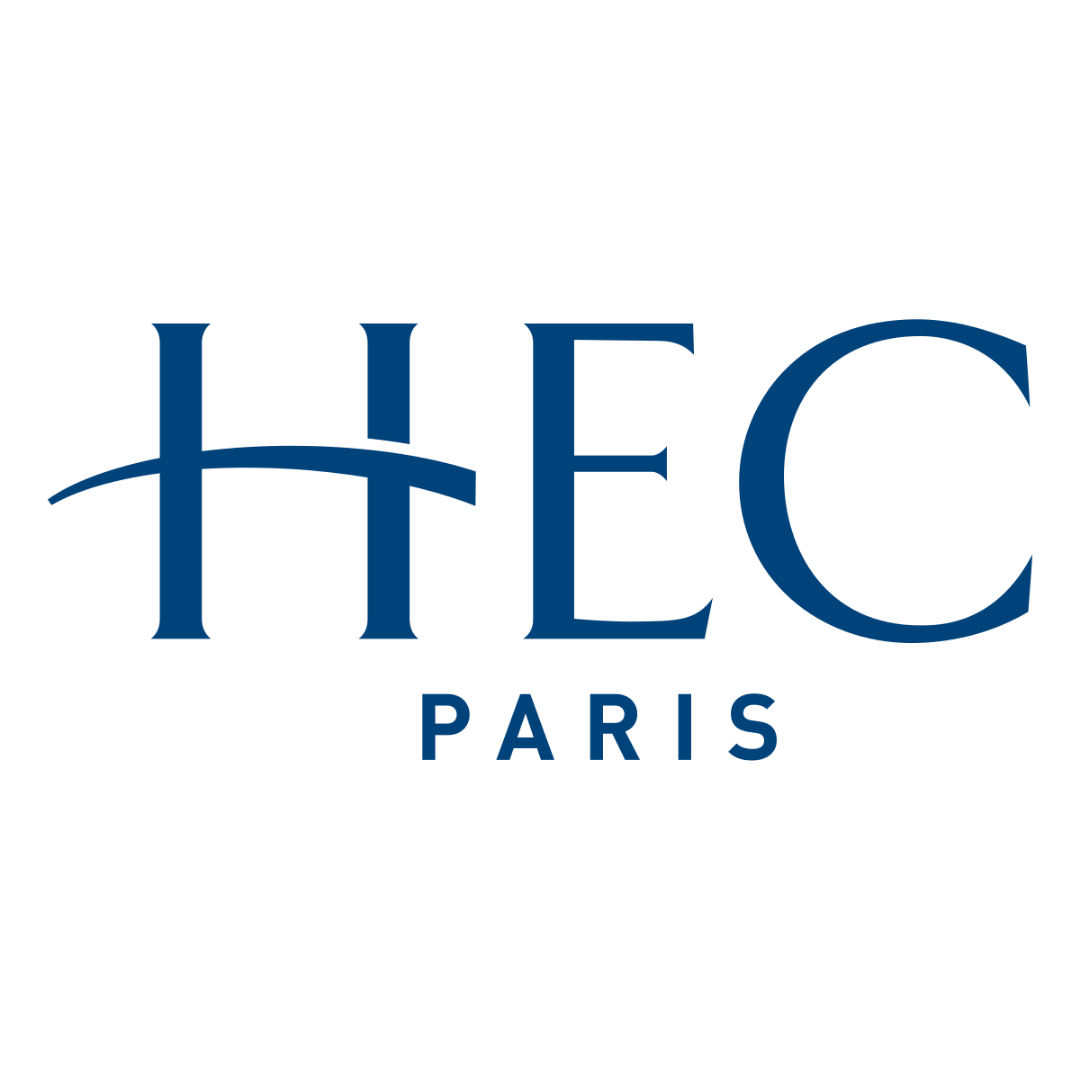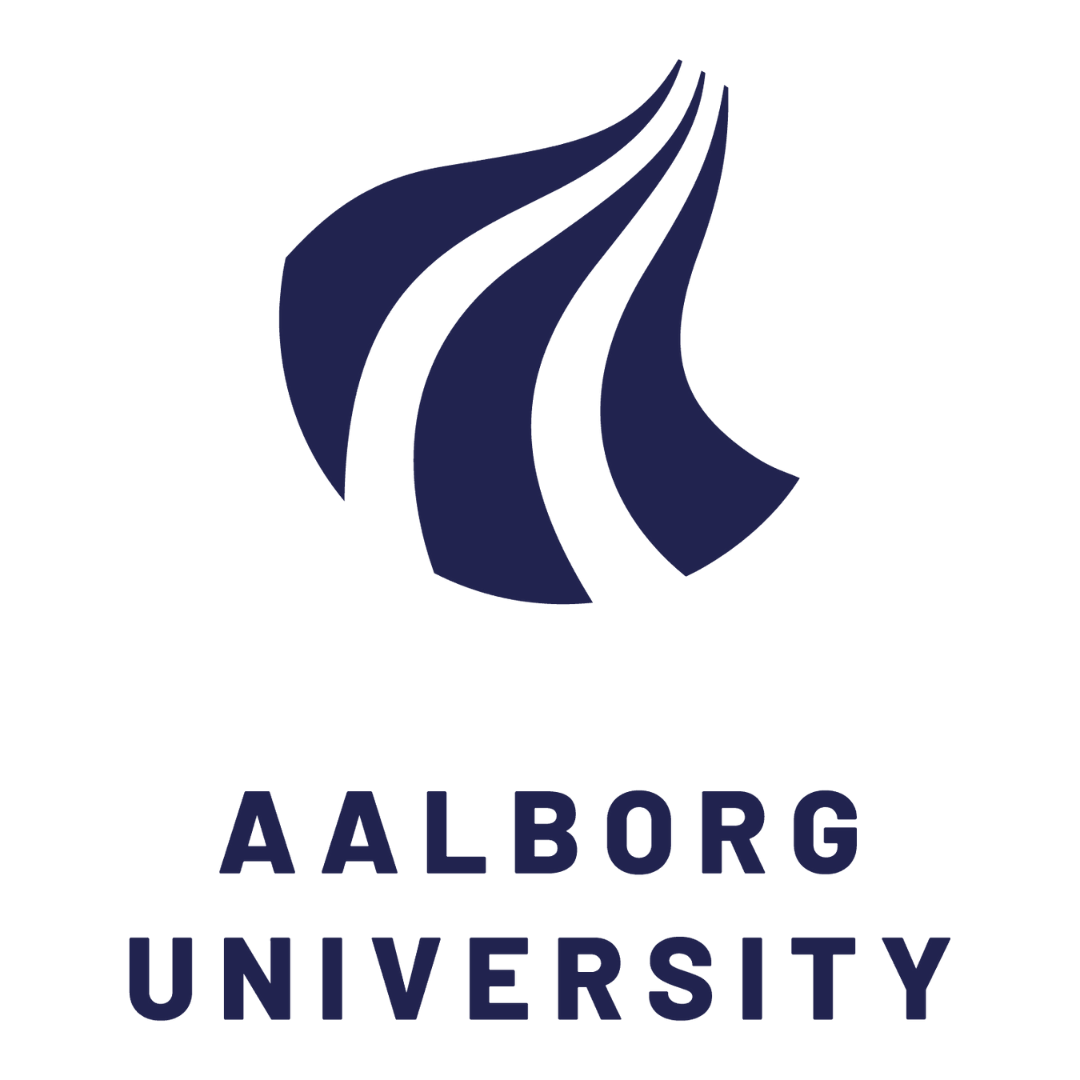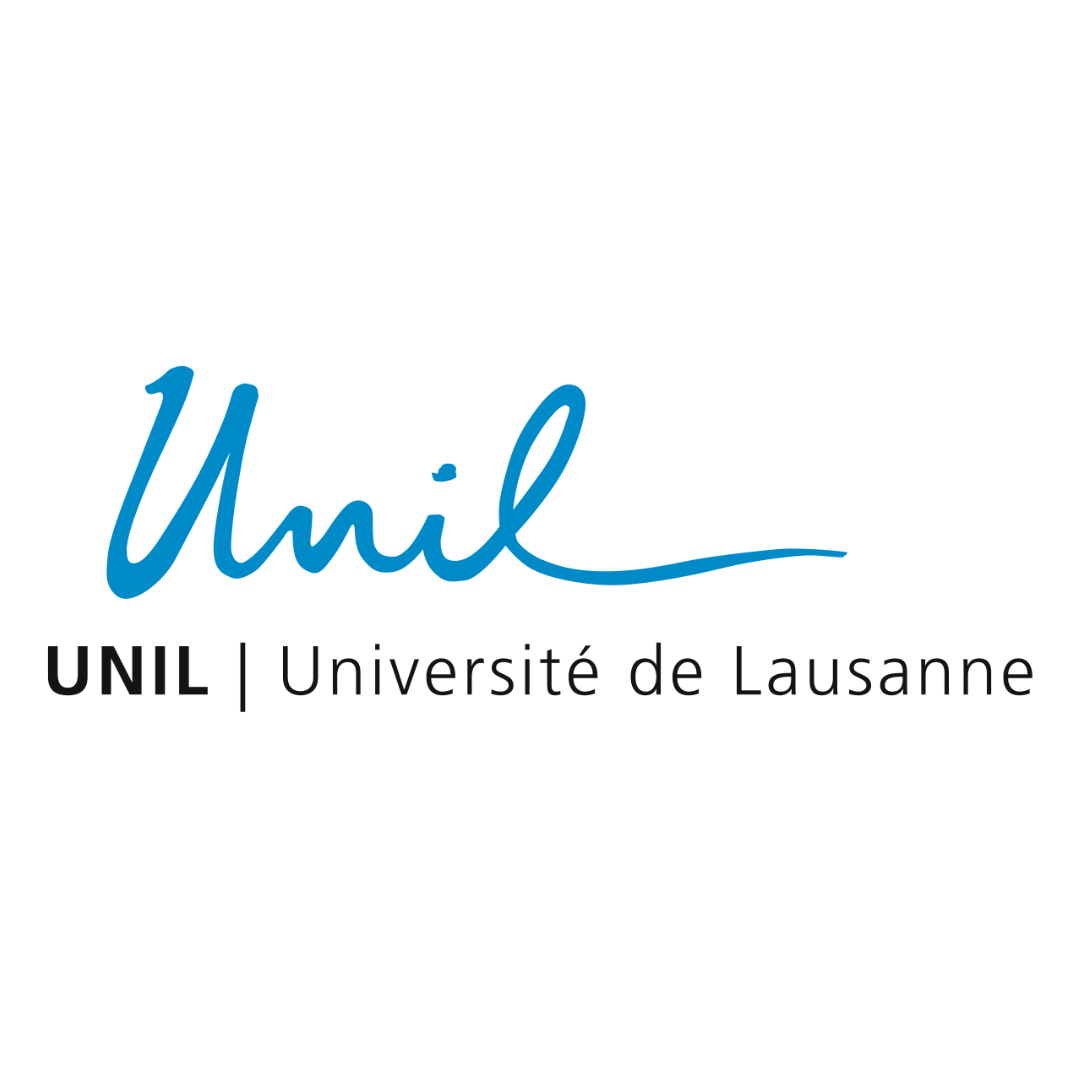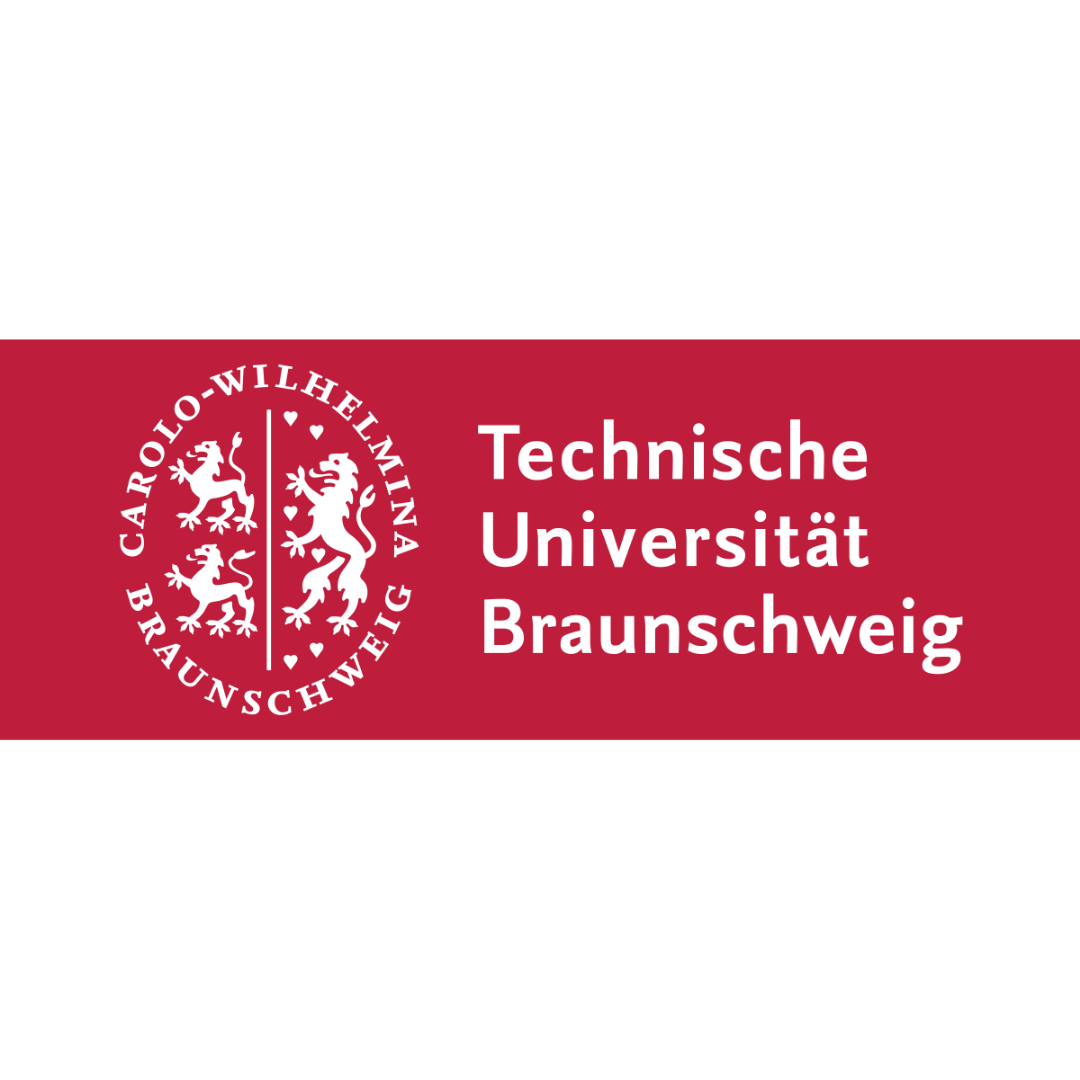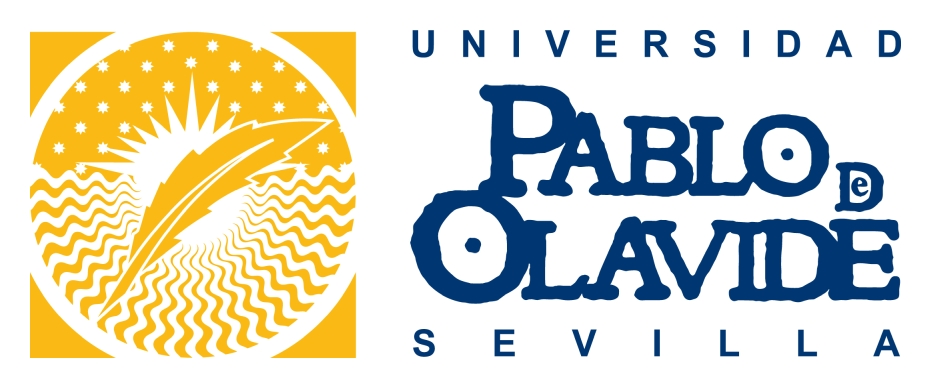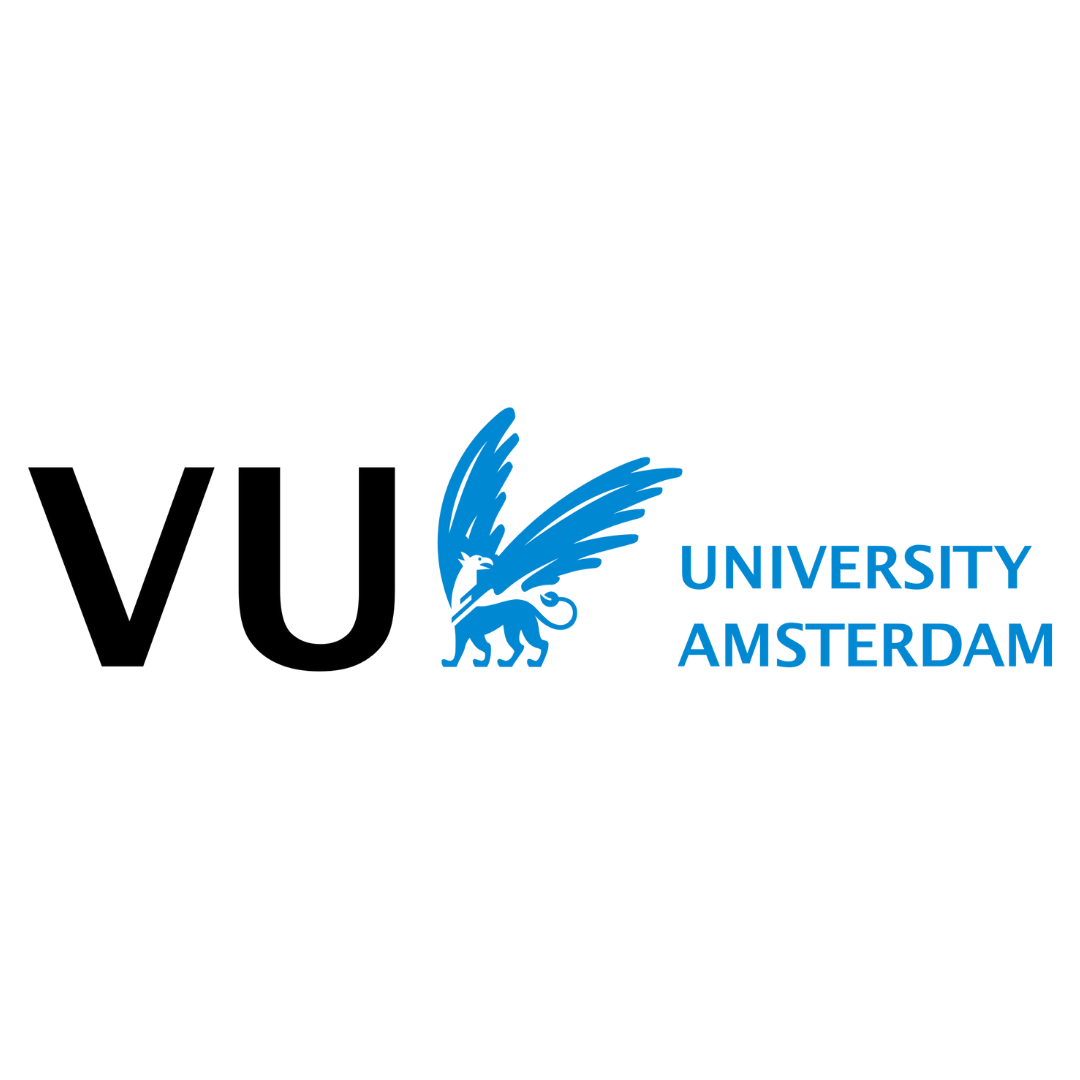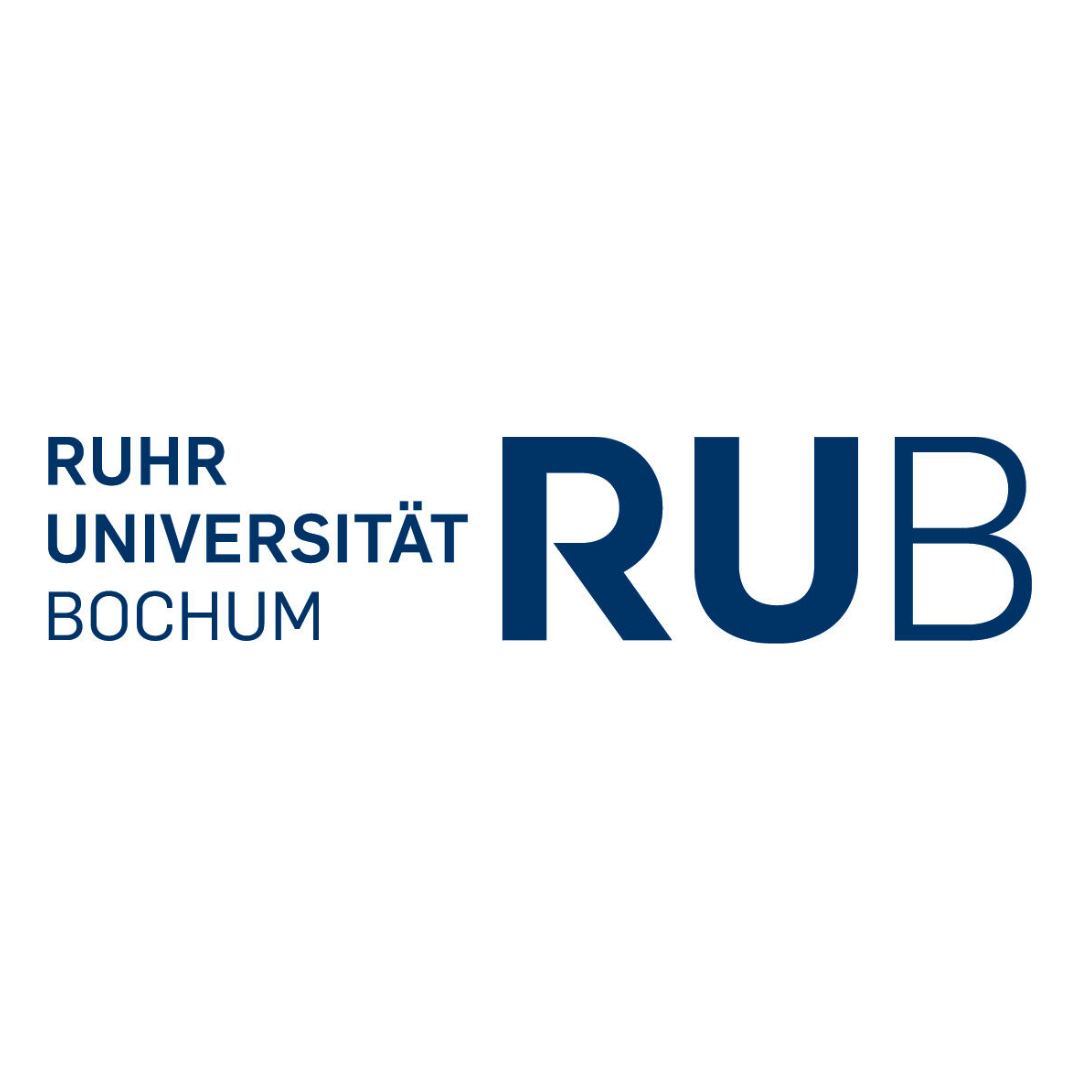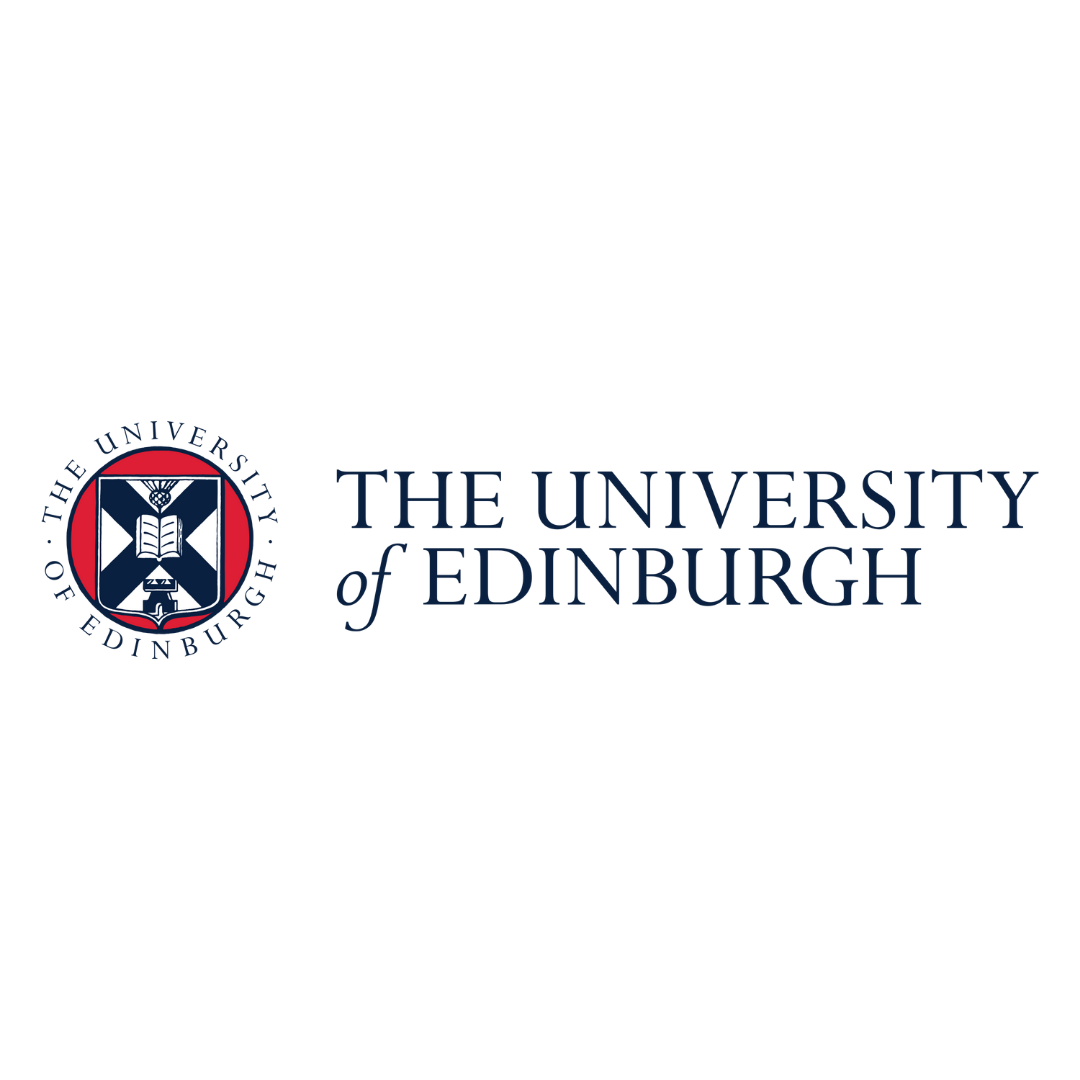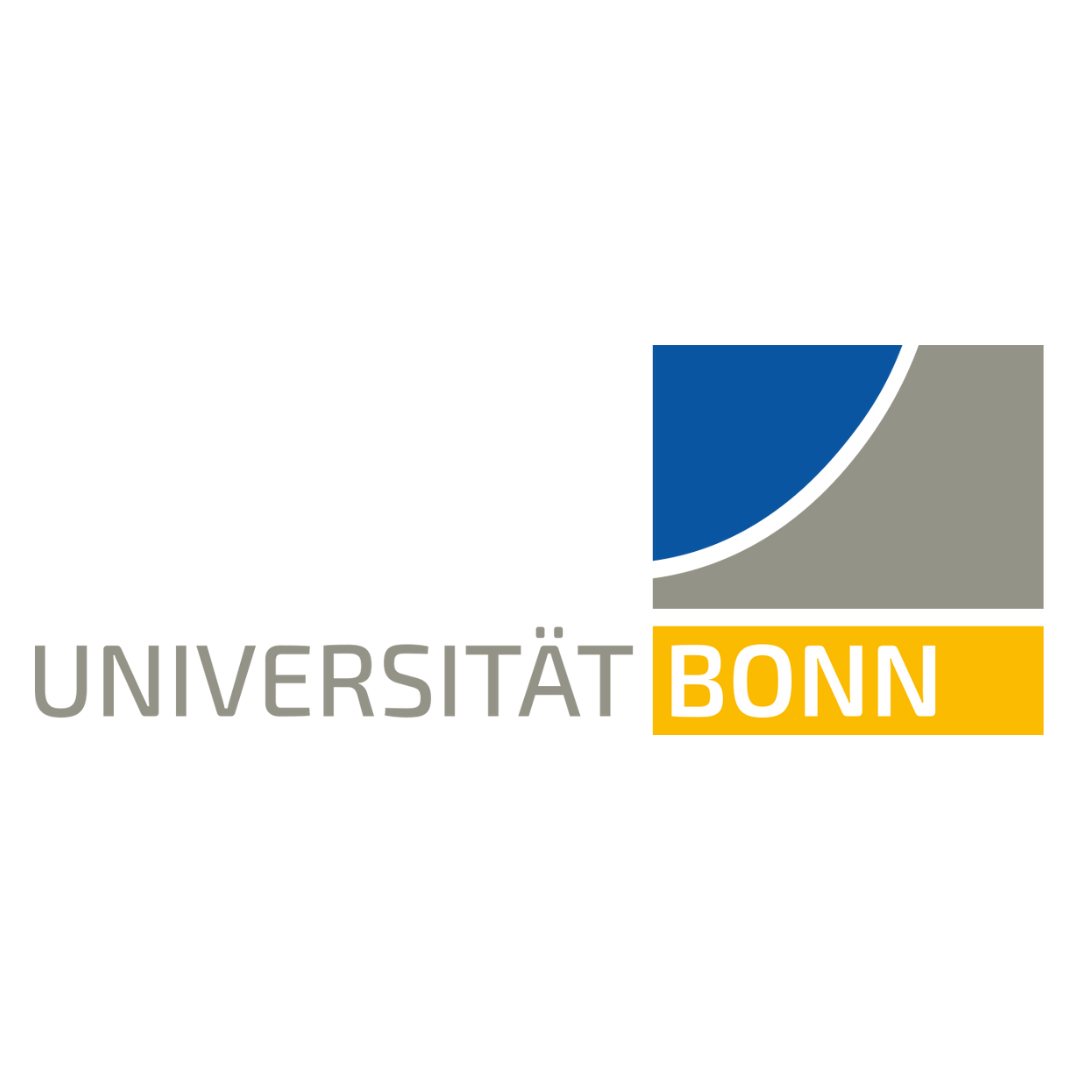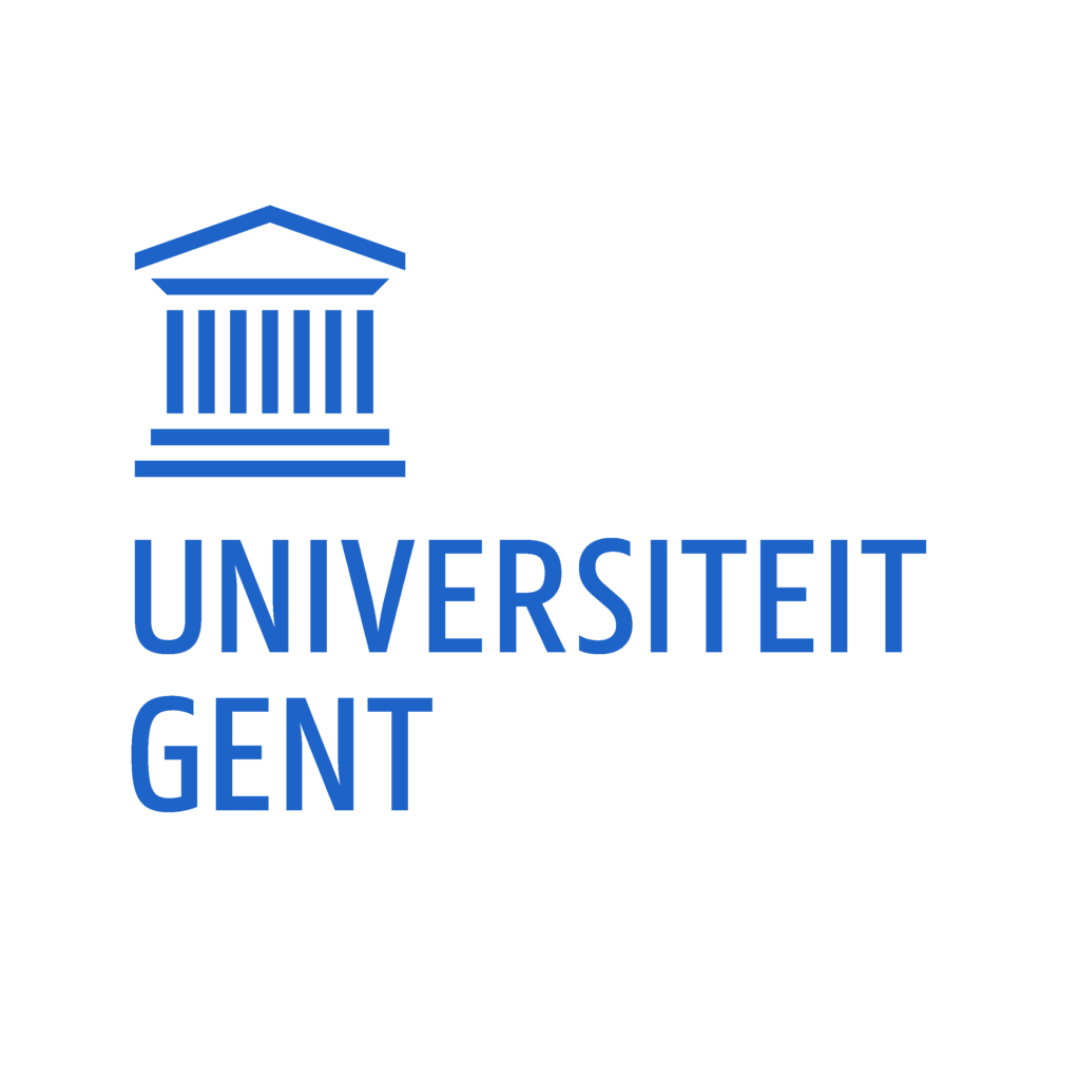HEC Paris
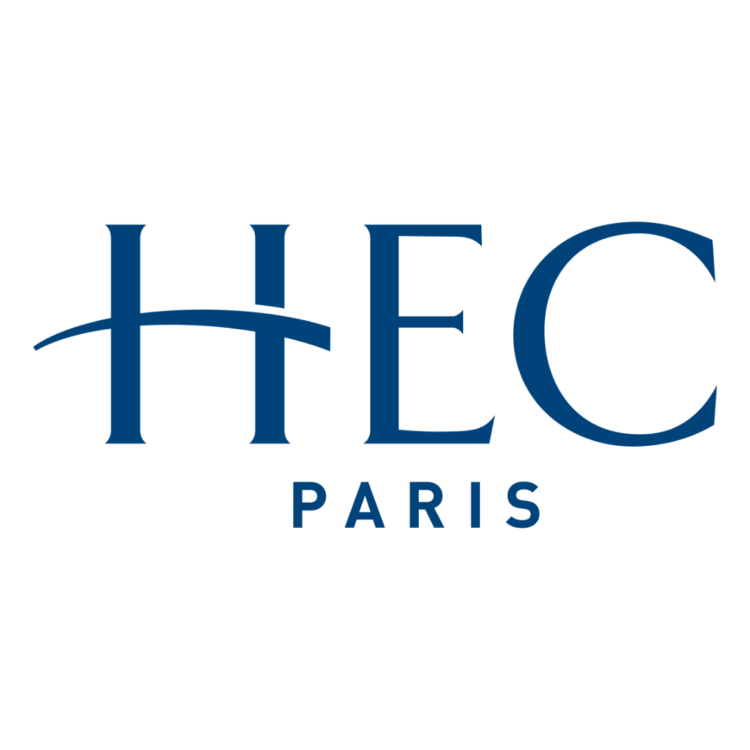 One of the world’s best business schools, HEC Paris has been a leader in research and education in management sciences for 140 years. We offer a unique portfolio of programs designed for a carefully selected student body.
One of the world’s best business schools, HEC Paris has been a leader in research and education in management sciences for 140 years. We offer a unique portfolio of programs designed for a carefully selected student body.
Vision
Having an IMPACT, not only on business but on society as a whole, is the primary vocation of HEC Paris. To achieve this, our school must draw on its three priceless assets, which are also its pillars of excellence: research, education and action. The three-part motto, THINK, TEACH, ACT which is at the heart of HEC’s mission.
Environment
At HEC Paris, the environment is at the heart of our Sustainability strategy. Climate and environmental issues, along with the preservation of resources and biodiversity, inspire our research production, our teaching, our campus management and our initiatives in society.
Diversity and Inclusion
HEC Paris promotes diversity, equity and inclusion, with over 130 nationalities and diverse social and cultural backgrounds represented on campus. With several official referents, professionally trained in anti-discrimination, HEC Paris aims to contribute to respecting the differences of all populations in our ecosystem.
Labels
Since 2020, HEC Paris has made commitments to Global Compact and PRME (Principles for Responsible Management Education), and completed the Extra-Financial Performance declaration.
In June 2024, HEC Paris was awarded the “DD&RS” (Sustainable Development & Social Responsibility) label for higher education and research.
Websites
Corporate Sustainability: https://www.hec.edu/en/overview/who-we-are/sustainability
Sustainability & Organization Institute: https://www.hec.edu/en/faculty-research/centers/sustainability-organizations-institute
If you would like to contact the university, please email us at [email protected] and we will be happy to connect you.
Aalborg University
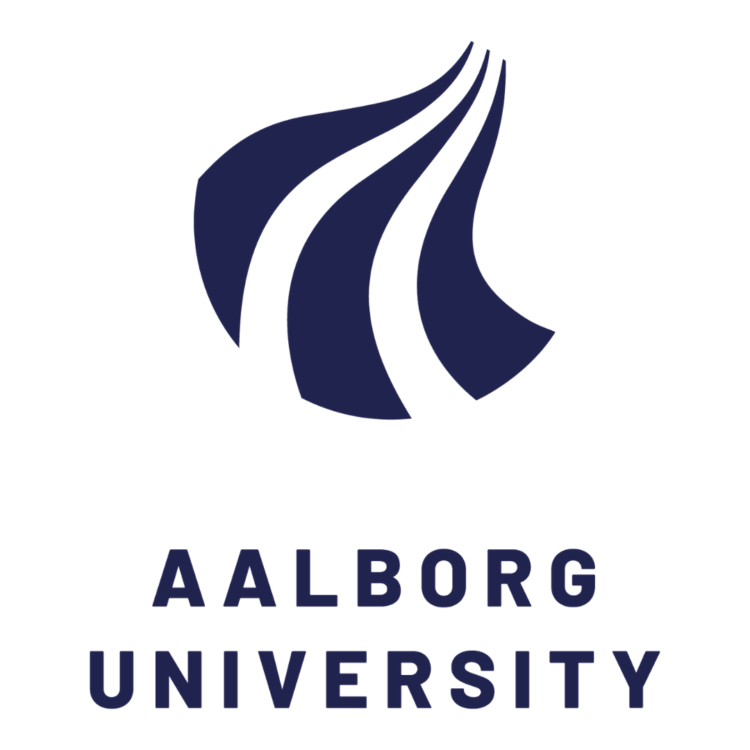 At Aalborg University (AAU) we aim to create knowledge for the world and have a mission-oriented approach to solving the global societal challenges such as creating a sustainable energy system, improving wellbeing among children and youth, and building a more sustainable future.
At Aalborg University (AAU) we aim to create knowledge for the world and have a mission-oriented approach to solving the global societal challenges such as creating a sustainable energy system, improving wellbeing among children and youth, and building a more sustainable future.
Our search for knowledge always begins and ends in conjunction with the world around us, with real problems in mind. We define and take part in missions that help solve those challenges and achieve sustainable solutions. These missions are the driving force behind our work.
Moreover, AAU has a strong tradition for:
- Problem-Based Learning (PBL) which facilitates interdisciplinary practise supporting problem-solving.
- Creating impact through close collaboration with external partners and society at large.
AAU is committed to sustainability across research, education, and campus operations. The university has developed a state-of-the-art assessment approach for sustainability assessment and a GHG climate account model for AAU emissions.
Aalborg University is a comprehensive university located in Denmark, and has +17,700 students and +3,700 employees. In 2024, AAU celebrates its 50th anniversary.
Web
https://www.en.aau.dk/about-aau/profile/sustainability
If you would like to contact the university, please email us at [email protected] and we will be happy to connect you.
University of Lausanne
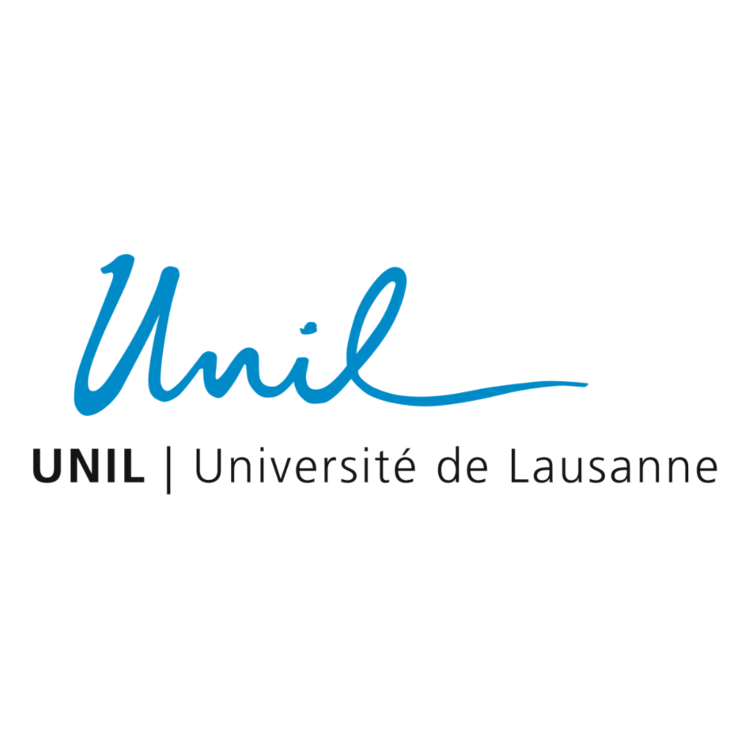 The University of Lausanne’s (UNIL) main campus is located on the shores of Geneva Lake. This picturesque landscape of the Alps and lake provides the ideal setting for approximately 16,900 students and near 3,700 staff and researchers to study and do research. Moreover, Lausanne is situated in the heart of the French-speaking region of Switzerland, found it the center of Western Europe, is strategic, allowing the seven faculties to actively pursue a policy of local and international collaboration. An emphasis is also placed on an interdisciplinary approach, with close cooperation between students, teaching staff and professors.
The University of Lausanne’s (UNIL) main campus is located on the shores of Geneva Lake. This picturesque landscape of the Alps and lake provides the ideal setting for approximately 16,900 students and near 3,700 staff and researchers to study and do research. Moreover, Lausanne is situated in the heart of the French-speaking region of Switzerland, found it the center of Western Europe, is strategic, allowing the seven faculties to actively pursue a policy of local and international collaboration. An emphasis is also placed on an interdisciplinary approach, with close cooperation between students, teaching staff and professors.
The commitment to sustainability issues of UNIL begun in 1989. In 2011, sustainability became an institutional priority with the appointment of a Vice-Rector for Sustainability & Campus. UNIL is now one of the few academic institutions in the world to have a member of its senior management directly responsible for sustainability issues. More recently, for the period 2022-2026, the Rectorate has set itself the general objective of reducing the impact of UNIL’s activities to within the ecological limits of the planet while fulfilling its social mission. It is no longer a question of multiplying initiatives in favor of sustainability, but of reversing the perspective by starting from the proven concept of planetary boundaries and applying it at the scale of UNIL. This paradigm shift involves, on the one hand, quantifying UNIL’s current environmental impacts and, on the other, identifying impact reductions that will enable the institution to respect global limits. To support it in this immense task, UNIL relies on its Centre for Competence and Sustainability, which brings together around twenty staff at the interface between academic research and the operational challenges of implementation.
Website: https://www.unil.ch/durable/home.html
Social Media
Instagram: @transition_ecologique_unil
LinkedIn: https://www.linkedin.com/company/unil-en-transition/
If you would like to contact the university, please email us at [email protected] and we will be happy to connect you.
Technische Universität Braunschweig
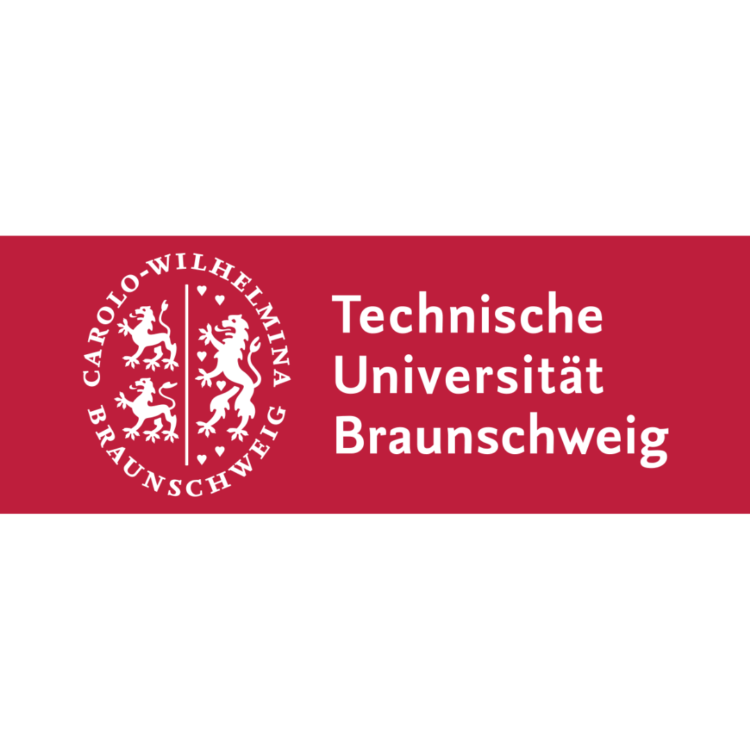 Technische Universität Braunschweig is one of the 9 top Universities of Technology in Germany (TU9 Alliance) and is one of the strongest research universities in the state of Lower Saxony. It is located in the centre of Europe’s most active R&D region. With 17,000 students and 3,800 employees, we offer a wide range of study programs, innovative and interdisciplinary teaching, research- and transfer opportunities, and excellent facilities.
Technische Universität Braunschweig is one of the 9 top Universities of Technology in Germany (TU9 Alliance) and is one of the strongest research universities in the state of Lower Saxony. It is located in the centre of Europe’s most active R&D region. With 17,000 students and 3,800 employees, we offer a wide range of study programs, innovative and interdisciplinary teaching, research- and transfer opportunities, and excellent facilities.
With a strong focus on engineering, TU Braunschweig addresses global challenges within the framework of four interdisciplinary core research areas: Mobility, Metrology, City of the Future, and Engineering for Health.
Strengthening internationalization, gender & diversity, digitalization and knowledge exchange is the strategic aim in all areas of our university. Sustainability is the guiding principle of all our actions.
TU Braunschweig stands for strategic and performance-oriented thinking and action, top-notch research, dedicated teaching and the successful transfer of knowledge and technologies to business and society.
By focussing research activities in these fields, TU Braunschweig is able to make significant contributions to address the great challenges our society is facing today.
TU Braunschweig strives to align its decisions and processes in all areas of operation, research and teaching in such a way that ecological, social and economic sustainability are a major priority. In this context, climate protection and diligent use of energy and natural resources are of particular importance.
Website: https://www.tu-braunschweig.de/en/sustainability
If you would like to contact the university, please email us at [email protected] and we will be happy to connect you.
Pablo de Olavide University
Pablo de Olavide University (UPO) is a public university located in Seville, South West Spain. UPO was founded in 1997, now one of Spain’s youngest and more dynamic public universities. Its catalogue of undergraduate and graduate degrees, including several double degrees, in fields such as Law and Legal Sciences, Economy, Social Sciences, Humanities, Biotechnology, Environmental Sciences, Sports Sciences and Computer Science are highly demanded by local and non-local students.
UPO is at the top of the national rankings in teaching and research when considering productivity according to size and resources. Pablo de Olavide University is conceived as a Single Campus model, which aims to achieve the best possible interdisciplinary integration, promoting the location of its social, teaching, research, residential and sports functions in the same geographical space.
UPO is committed to compliance with the Sustainable Development Goals of the UN Agenda 2030 and has a strong social and environmental agenda. In 2019, the plenary session of the university senate declared the state of Climatic Emergency. In 2020 the university appointed the Rectors Delegate for the Sustainable Campus, with full competence in the commitment to environmental sustainability, especially to the ecological transition to renewable and efficient energies, green mobility, the conservation of biodiversity and environmental education.
Website: https://www.upo.es/campus-sostenible/
Social Media
Twitter: @CSostenible_UPO
Instagram: @campussostenible_upo
If you would like to contact the university, please email us at [email protected] and we will be happy to connect you.
Vrije Universiteit Amsterdam
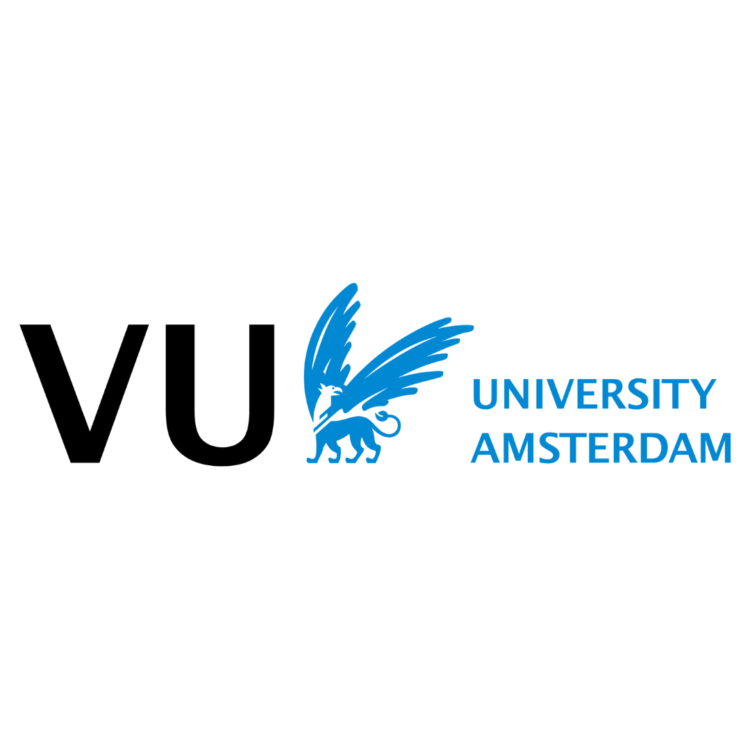 Since its foundation, Vrije Universiteit Amsterdam, also known as VU Amsterdam, has stood for scientific and value-driven education, research and knowledge transfer. We are free thinkers with expertise and A Broader Mind. And we work together to build a better world for people and the planet.
Since its foundation, Vrije Universiteit Amsterdam, also known as VU Amsterdam, has stood for scientific and value-driven education, research and knowledge transfer. We are free thinkers with expertise and A Broader Mind. And we work together to build a better world for people and the planet.
We are a university with a focus on society. The world is facing major challenges, while there are growing divisions within society. This calls for science with a conscience. With our expertise, open-mindedness, enterprising spirit and multidisciplinary approach, we work on developing sustainable solutions that impact society. We focus on four profile themes: Connected World, Governance for Society, Human Health and Life Sciences, and Science for Sustainability.
How do we create an ecologically healthy, socially just and economically viable world for current and future generations? In the profile theme Science for Sustainability, VU students and academics study the conditions for a future-proof balance between people, the environment and the economy.
VU Amsterdam is a unique university with faculties in the humanities, STEM, social sciences and medical sciences. Our education and research are closely linked. We combine our top position in research with a strong social orientation, which has resulted in an excellent international reputation. Our education and research are distinctly multidisciplinary. This is reinforced by the fact that our faculties are all located on one campus. We are a true campus university in the heart of the Zuidas Knowledge District, sharing its excellent national and international position and accessibility.
If you would like to contact the university, please email us at [email protected] and we will be happy to connect you.
Ruhr-Universität Bochum
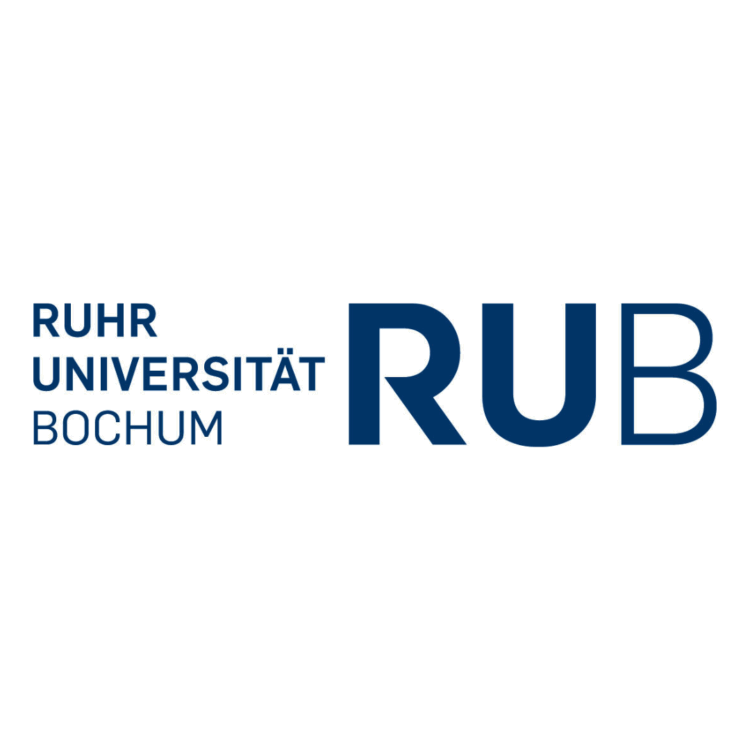 Ruhr-Universität Bochum (RUB) was the first university established in the industrial Ruhr-Area in 1965 with the purpose to give cultural, social and scientific impulses for the region and, especially, to educate non-traditional students. Located in the heart of Europe in the dynamic metropolitan region, RUB with its 21 faculties is home to 42,600 students from over 130 countries, including more than 3,600 PhD students.
Ruhr-Universität Bochum (RUB) was the first university established in the industrial Ruhr-Area in 1965 with the purpose to give cultural, social and scientific impulses for the region and, especially, to educate non-traditional students. Located in the heart of Europe in the dynamic metropolitan region, RUB with its 21 faculties is home to 42,600 students from over 130 countries, including more than 3,600 PhD students.
RUB covers a wide range of disciplines, which is rare in Germany. Thanks to its flexible knowledge networks, the university continuously explores new fields of research and provides speedy responses to topical questions.
Research at RUB is characterised by interdisciplinary collaboration and networking. Researchers at RUB pursue interdisciplinary research projects in nine Research Departments – such as Solvation Science, IT Security, Materials Research, Subsurface Modeling and Engineering, Closed Carbon Cycle Economy. By this, they overcome the boundaries between different disciplines and strengthen knowledge exchange at RUB and beyond, with external partners within University Alliance Ruhr and among universities in Germany and abroad.
RUB is committed to sustainability and to sustainable campus development. By displaying tangible commitment, it contributes to significantly strengthening the public perception and self-image of Bochum as a vibrant university city. It is for this reason that RUB considers itself a key player in the interaction with the city and the region, in order to shape the future together in a sustainable way. This is also a part of the work within UNIC – The European University of Post-Industrial Cities where RUB is one of the partner universities.
At RUB, sustainability will be a major objective in the upcoming years until 2025. This is stipulated by the university development plan, where sustainability is one of six fields of action that are vital for the future development of RUB.
If you would like to contact the university, please email us at [email protected] and we will be happy to connect you.
The University of Edinburgh
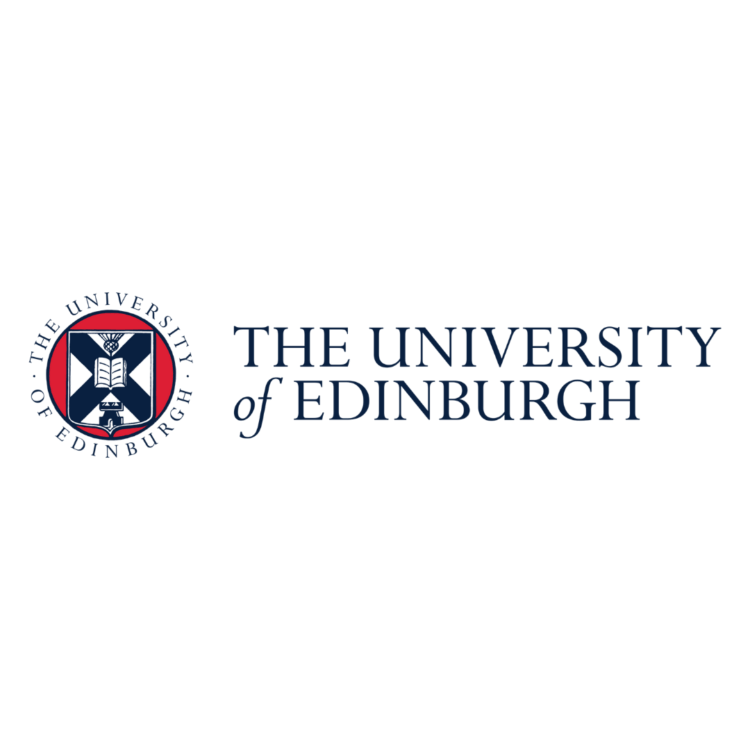 The University of Edinburgh is a world-leading research-intensive university situated in Scotland, UK. Established in 1583 by the local town council, the University places special importance on working with communities near and far to make the world a better place.
The University of Edinburgh is a world-leading research-intensive university situated in Scotland, UK. Established in 1583 by the local town council, the University places special importance on working with communities near and far to make the world a better place.
Edinburgh recognises the climate crisis as one of the most significant global challenges for society. Through a ‘whole institution approach’ it combines strengths in research, teaching, operations and innovation to form partnerships with communities, businesses and governments worldwide, delivering low-carbon, inclusive and equitable solutions where they are needed most.
The University’s progressive Social Responsibility and Sustainability department supports these collaborations whilst also delivering impactful sustainability programmes on campus to make measurable change and inspire the University’s own community to take sustainable actions in their work and studies.
If you would like to contact the university, please email us at [email protected] and we will be happy to connect you.
University of Bonn
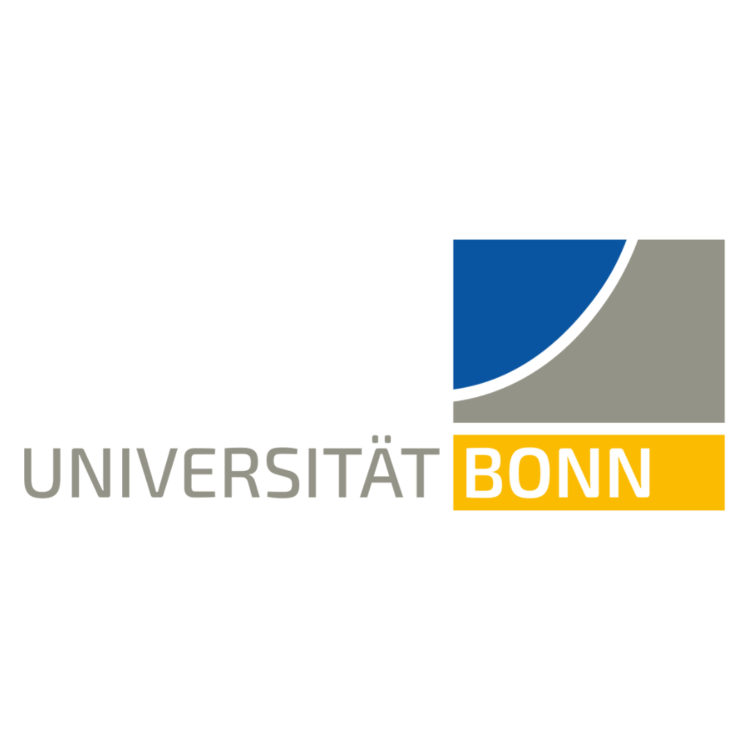 As one of the best research-led universities in Germany with an international reputation as a leading institution of research and teaching, the University of Bonn plays host to a number of prize-winning researchers spread across a range of disciplines. Our two hundred year history of academic excellence is based on a number of simple yet effective elements: high-quality academic research, a research-led teaching curriculum, the international flair of Bonn as the German city of the United Nations and our location in the Rhineland, not only a highly-networked region of academic excellence, but also a region providing a high quality of life.
As one of the best research-led universities in Germany with an international reputation as a leading institution of research and teaching, the University of Bonn plays host to a number of prize-winning researchers spread across a range of disciplines. Our two hundred year history of academic excellence is based on a number of simple yet effective elements: high-quality academic research, a research-led teaching curriculum, the international flair of Bonn as the German city of the United Nations and our location in the Rhineland, not only a highly-networked region of academic excellence, but also a region providing a high quality of life.
With some 35,000 students, 6,000 doctoral students, 550 professors and 6,000 other members of staff, the University of Bonn is one of the largest universities in Germany. Its seven faculties cover a broad range of disciplines from Agricultural Sciences to Traffic Psychology many of which take a leading position in international rankings. This strong disciplinary record is supplemented by the work of six faculty and interdisciplinary “Transdisciplinary Research Areas” (TRA) and a range of exploration and innovation areas addressing many of the central academic, technological and social challenges currently facing society.
Sustainability plays an important role in the organizational development of the University of Bonn. The last years have already seen the launch of a number of initiatives in the area of sustainability, including a steering group to develop a central sustainability strategy and a student-led Green Office. The importance which we at the University of Bonn attach to this issue is demonstrated by the establishment of the new Vice Rectorate for Sustainability and the Sustainability Unit, who started their work in the first half of 2021.
If you would like to contact the university, please email us at [email protected] and we will be happy to connect you.
Ghent University
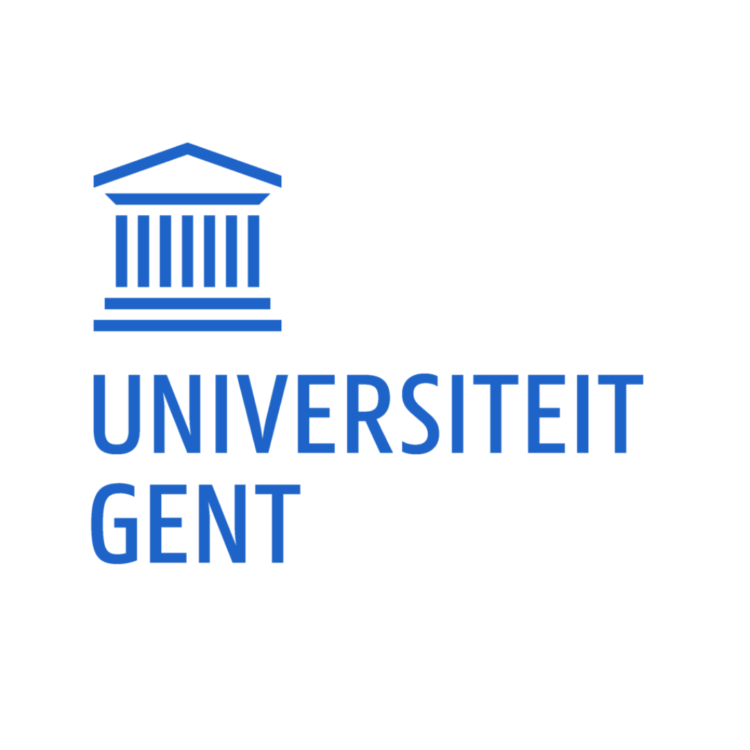 Ghent University is a top 100 university, founded in 1817, and one of the major universities in Belgium with more than 49,000 students and 15,000 employees.
Ghent University is a top 100 university, founded in 1817, and one of the major universities in Belgium with more than 49,000 students and 15,000 employees.
Its 11 faculties offer more than 200 programmes and conduct in-depth research within a wide range of scientific domains. Several of its research groups, centres and institutes are renowned worldwide, in disciplines such as biotechnology, aquaculture, microelectronics, and history.
Ghent University Global Campus is also the first European university in Songdo, South Korea.
As a pluralistic university Ghent University is open to all, regardless of their ideological, political, cultural or social background. Its credo is ‘Dare to Think’, challenging everyone to question conventional views and to dare to take a nuanced stand.
Ghent University wants to be a leading knowledge institute for a future that is ecologically, socially and economically sustainable within a local and global context. To this end it has developed an ambitious sustainability vision which it is implementing in its research, education, organisation and daily operations.
If you would like to contact the university, please email us at [email protected] and we will be happy to connect you.
